Unheard in Balochistan
As people don't receive Radio Pakistan signals, they rely on BBC and All India Radio.
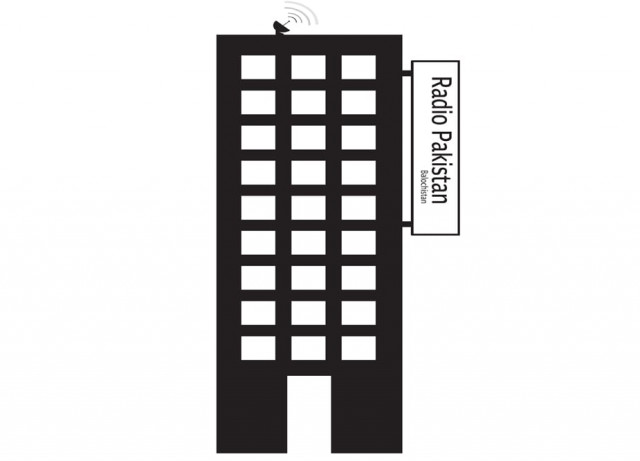
For the overwhelming majority of people living in Balochistan’s far-flung areas, radio is the sole source of information. Unfortunately, the reach of this medium has shrunk somewhat over the last few days.
Two of the province’s most backward districts, Awaran and Washuk, do not have power supply, while in other districts electricity is restricted to the main cities. As for newspapers, most people either have no access due to the poor road network or they can’t read. In this scenario, radio is the natural option for news and entertainment. Or at least it was till its infrastructure became so old and outdated that people stopped catching signals in the more remote regions.
Things have changed for the worse since 1956 when the Quetta station of Radio Pakistan was established, says Rashid Baloch, a producer and broadcaster. In those days, “everybody remained glued to the radio,” says Baloch.
And in 1961, the government installed the short wave transmitter extending transmission throughout the province. “The transmission could be received in some Gulf countries as well,” says Rashid.
Until three years ago, Radio Pakistan Quetta had a short-wave transmitter which covered the entire province and received a good response from the listeners. When the short waves were removed and just the medium wave transmitters were retained, radio signals became too weak to be heard in remote places. The transmitters have completed their life and even the companies which developed them have closed down.
“The transmitters merely cover Quetta now,” says Rashid, who has to work as producer in several programmes owing to the lack of manpower at the radio station. Though representatives of the radio are present in every tehsil, they cannot create awareness until strong transmitters are installed, he points out.
Meanwhile, the listeners send letters asking for the resumption of radio channels. “A few years back, we used to receive around 30,000 letters about our programmes,” says Rashid, adding that now they cannot even inform villagers about any expected natural disaster.
A producer of Brahvi language, Akhtar Baloch says there used to be three radio channels, two of which were closed down. And the only remaining channel is functioning with a very weak signal. The Quetta station was also the first to present news bulletins in six languages, Balochi, Urdu, Persian, Brahvi, Pashtu and Hazargi, says Akhtar.
Even till 2007, when floods lashed the Makran region, the radio was a good source of information. It was the same when Ziarat and adjoining areas were hit by an earthquake in 2008. Due to proximity to Quetta, in spite of weak signals, Rashid says “we informed the affected people where relief camps would be established and where they could go to get help.
Now, listeners like Nabi Bakhsh, who lives in Kharan district, are deprived of their sole source of information and entertainment. “I used to listen to the radio, because there were some interesting and informative programmes in Balochi but now the signals are too weak. For the past three years, I haven’t even been able to tune in to the news,” Baksh tells The Express Tribune.
Rashid points out that Prime Minister Yousuf Raza Gillani addresses the nation weekly via radio but in Balochistan, due to weak transmitters, his voice cannot cross the boundaries of Quetta.
A Quetta-based senior journalist Mohammad Kazim feels that while the medium is still very effective, as is “evident from the BBC, Radio Pakistan has lost credibility because it is no longer a national institution but has become a tool for the promotion of the interests of the rulers.” In addition, he points out, the infrastructure has become old and faulty.
Kazim suggests that steps should be taken to restore radio’s credibility and update its technology.
Published in The Express Tribune, August 26th, 2010.


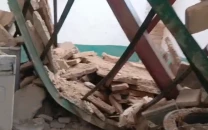
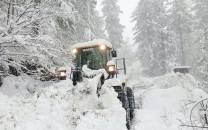

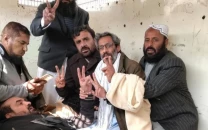
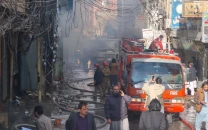












COMMENTS
Comments are moderated and generally will be posted if they are on-topic and not abusive.
For more information, please see our Comments FAQ